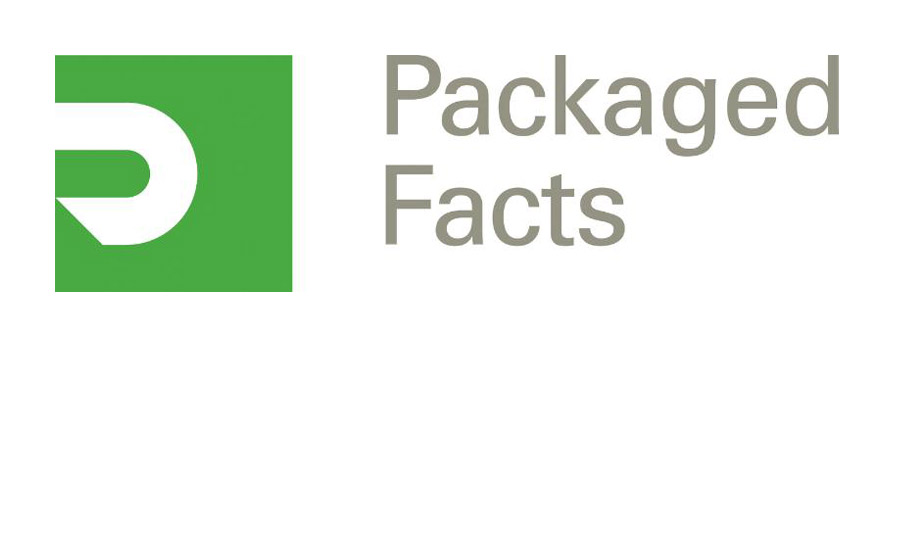Ask the typical premium chocolate lover why they splurge on Godiva and Ghirardelli when Snickers—as the slogan says—satisfies, and you may be surprised by the answer. For many, premium chocolate is an accessible luxury—one that allows them to indulge a little without breaking the bank. This was especially true during the Great Recession when indulgences—big or little—were infrequent, and the comforts of chocolate took on new dimensions.
As special as premium chocolate is to consumers, it’s just as important to food and beverage marketers. According to leading market research firm Packaged Facts in the brand new report Chocolate Candy Market in the US, 11th Edition, the premium chocolate segment has an important influence on innovation in the overall candy market. Specifically, premium chocolate has spurred innovation around product ingredients, especially in clean label products. The premium segment also leads in charting the path toward new flavor trends.
“The premium segment thrives on dark chocolate, single origins and inclusions of healthy ingredients, such as lavender and blueberry. These play to the perception of luxury and authenticity,” notes David Sprinkle, research director, Packaged Facts. “Product claims usually also note natural ingredients and, to an increasing degree, ethical certification. Premium chocolate manufacturers aim for higher quality presentations, which are goals spilling over into other segments of the food and beverage market.”
Over the past two years, the major players in the premium tier, including Godiva, Lindt, and Ghirardelli, have been operating within a well-established structure of product forms and flavors, with periodic additions of new flavors. Now, the premium brands seem to be looking for ways to become more accessible to wider audiences, notes Packaged Facts.
In Lindt's case this is certainly evident in the Russell Stover acquisition, as well as in its launch of the moderately priced Hello bridge line. At Godiva, the company is now offering mass-oriented products such as soft serve ice cream and frozen drinks at its retail boutiques. The premium brands have also adopted some changes that originated with mass market brands, such as bite-size and standup pouches.
But make no mistake, innovation in premium chocolate isn’t just for the big boys. There has been a steady flow of new product activity from smaller craft and artisanal chocolatiers. For smaller companies, ingredient quality and purity are important touchstones. Ingredient origins are stressed, either through the inclusion of rare and exotic ingredients, or conversely, defining the products as having familiar ingredients from local sources.
Looking ahead on a grander scale, premium chocolate is expected to spur growth in the overall US chocolate market. At a cursory glance, everyday chocolate dominates the overall market for chocolate candy sold at retail. Everyday chocolate accounts for 82% of industry dollar sales, compared to premium chocolate’s much smaller 18% share. But dollar sales growth of everyday chocolate was negligible compared to previous years. Conversely, premium chocolate experienced a stronger growth rate of roughly 5% compared to last year. This upward growth for premium chocolate sales is expected to endure in coming years, according to Packaged Facts.
Learn more about the report.
Premium Chocolate Trends
Premium chocolate sales growth spurs candy industry, outpaces growth of everyday chocolate
